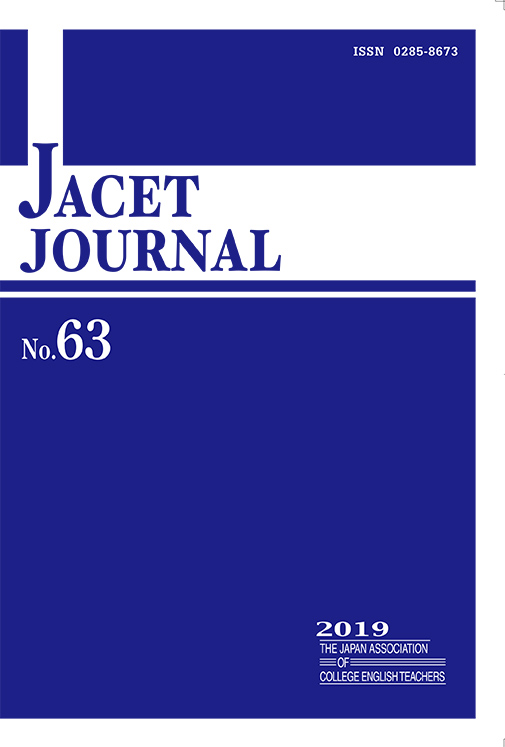The occurrence of alignment at each linguistic level (sound, syntactic, semantic, etc.) plays an important role in achieving communication goals, and the same structure tends to be repetitively used between interlocutors in the dialogue (syntactic priming). Study on L2 learners has shown syntactic priming with written primes (Morishita, Satoi, & Yokokawa, 2010), but the occurrence of syntactic priming in speech communication and how it differs by learners’ proficiency levels have not been clarified. This study uses a picture description task with spoken primes to investigate whether proficiency level (upper or lower), and output modality (spoken or written) affect syntactic priming in Japanese EFL learners. The results show that the magnitude of priming for the upper-level learners was significantly higher than that for lower-level learners only with presentation of primes once (as opposed to more than one). This confirms that spoken primes might activate cognitive links between combinatorial nodes and lemmas, promoting production of the relevant structures, more effectively for upper-level learners, but also that presenting primes only once might not be enough to activate the links for lower-level learners with their developing syntactic representations.
抄録全体を表示
